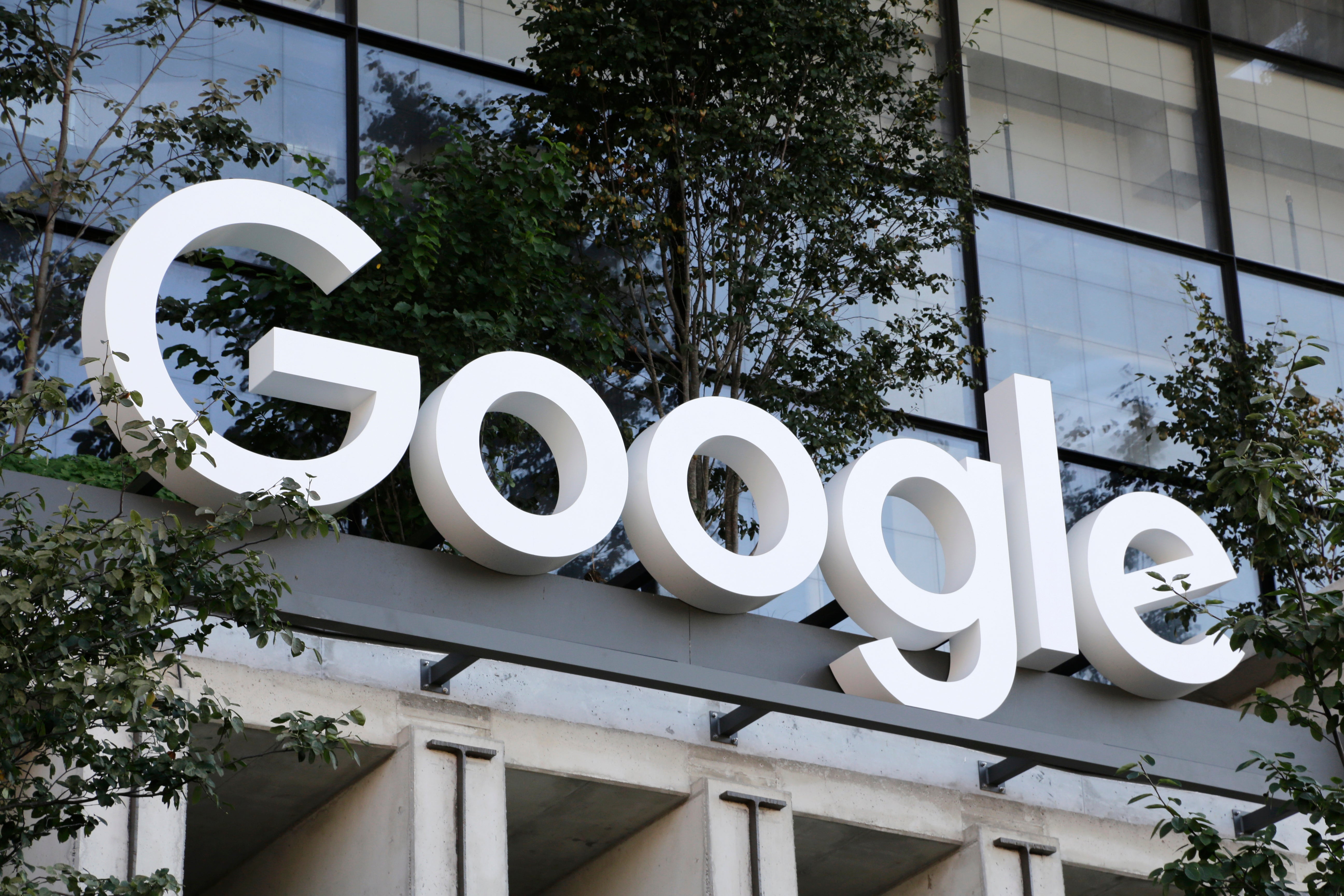Judge tells Google to brace for shakeup of Android app store as punishment for running a monopoly
A federal judge has indicated he will order major changes in Google’s Android app store

Your support helps us to tell the story
From reproductive rights to climate change to Big Tech, The Independent is on the ground when the story is developing. Whether it's investigating the financials of Elon Musk's pro-Trump PAC or producing our latest documentary, 'The A Word', which shines a light on the American women fighting for reproductive rights, we know how important it is to parse out the facts from the messaging.
At such a critical moment in US history, we need reporters on the ground. Your donation allows us to keep sending journalists to speak to both sides of the story.
The Independent is trusted by Americans across the entire political spectrum. And unlike many other quality news outlets, we choose not to lock Americans out of our reporting and analysis with paywalls. We believe quality journalism should be available to everyone, paid for by those who can afford it.
Your support makes all the difference.A federal judge on Wednesday indicated he will order major changes in Google’s Android app store to punish the company for engineering a system that a jury declared an illegal monopoly that has hurt millions of consumers and app developers.
Over the course of a three-hour hearing in San Francisco, U.S. District Judge James Donato made it clear that the forthcoming shake-up he is contemplating will probably include a mandate requiring Google's Play Store for Android phones offer consumers a choice to download alternative app stores
Donato has been weighing how to punish the Google since last December when a jury declared the Play Store a monopoly following a four-week trial. The verdict centered on Google's nearly exclusive control over distribution of apps designed for Android phones and the billing systems for the digital commerce occurring within them — a system that generates billions of dollars in annual revenue for the company.
In protesting the judge's potential requirements, Google has raised the specter of consumers' devices being infected by malicious software downloaded from third-party app stores, triggering “security chaos.”
But Donato repeatedly hammered on the need for a major overhaul of the Play Store, even if it causes Google headaches and huge bills that the company has estimated could run as high as $600 million, depending on what the judge orders.
“We are going to tear the barriers down, that is going to happen,” Donato told Google attorney Glenn Pomerantz. “When you have a mountain built out of bad conduct, you are going to have to move that mountain.”
Donato said he is hoping to issue an order outlining the framework for the changes to the Play Store within the next few weeks, possibly before the Labor Day weekend.
Google's tactics in the penalty phase of the Play Store case may foreshadow its strategy in a similar round of so-called “remedy hearings” that will be held in an even bigger antitrust case that resulted in a judge branding the dominant search engine as an illegal monopoly, too. Those hearings focused on the crown jewel of Google's empire are scheduled to start Sept. 6 in Washington, D.C.
In the Play Store case, Donato still appears to be grappling with how much time he should give Google to make the changes to its Android operating system and Play Store, and also for how long the restraints he imposes should remain in effect.
Google wants 12 to 16 months to make the adjustments to ensure a smooth transition and avoid glitches that could affect the performance of Android smartphones. Epic Games, the video game maker that filed the antitrust lawsuit that resulted in the Play Store being declared a monopoly, contends Google could do everything in about three months at a cost of about $1 million.
Without revealing a timeline he has in mind, Donato indicated he isn't going to give Google as much time as it wants to make the required changes.
“Google is telling me it will take eons for all of this to happen, but I am skeptical about it,” the judge said. “I am dubious that all that brainpower can't solve these problems in less than 16 months.”
Epic Games wants whatever Donato orders to remain in effect for six years, but the judge said Wednesday that he thinks that proposal is too lengthy. He wondered aloud if a five-year term for his order might be more appropriate. Google wants the order to expire after one or two years.
Donato assured Google that he isn't going to attempt to micromanage its business, even as he braced the company for a significant shake-up.
“The whole point is to grow a garden of competitive app stores,” the judge said.